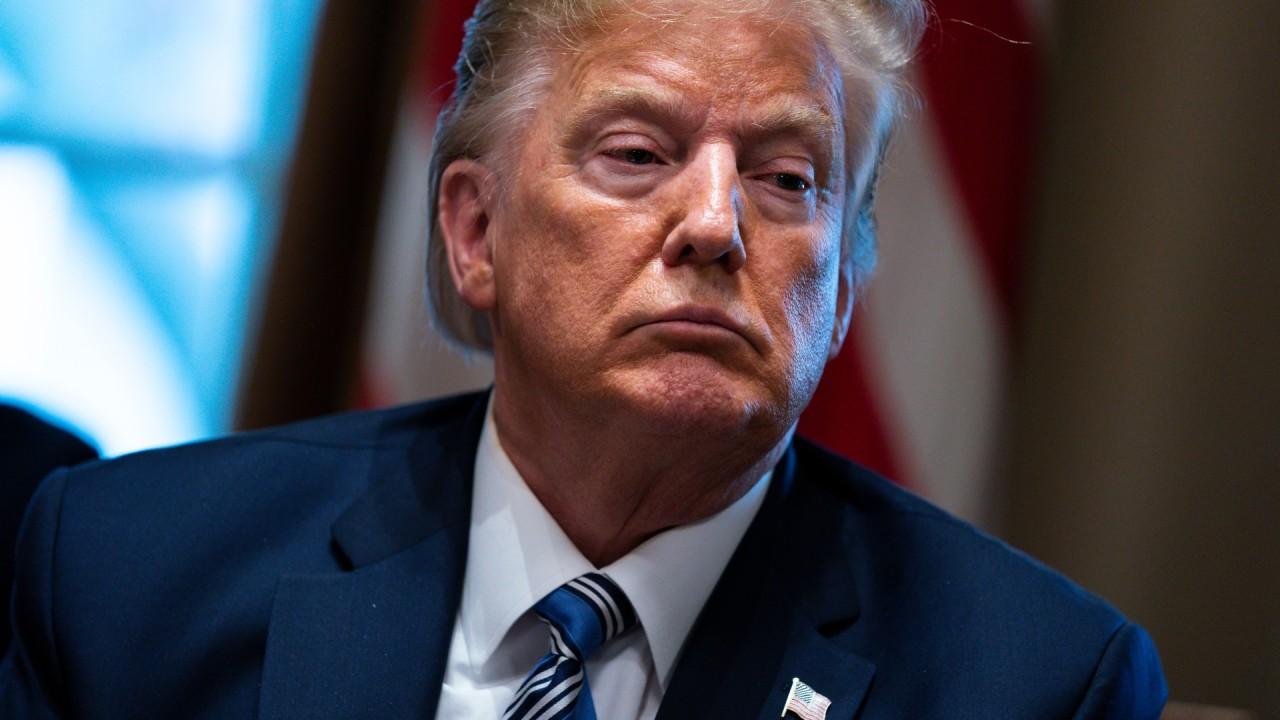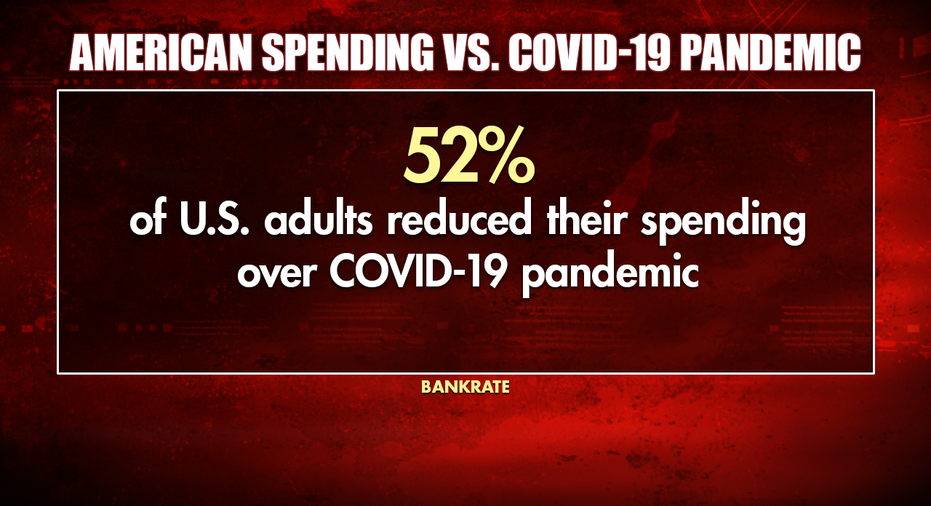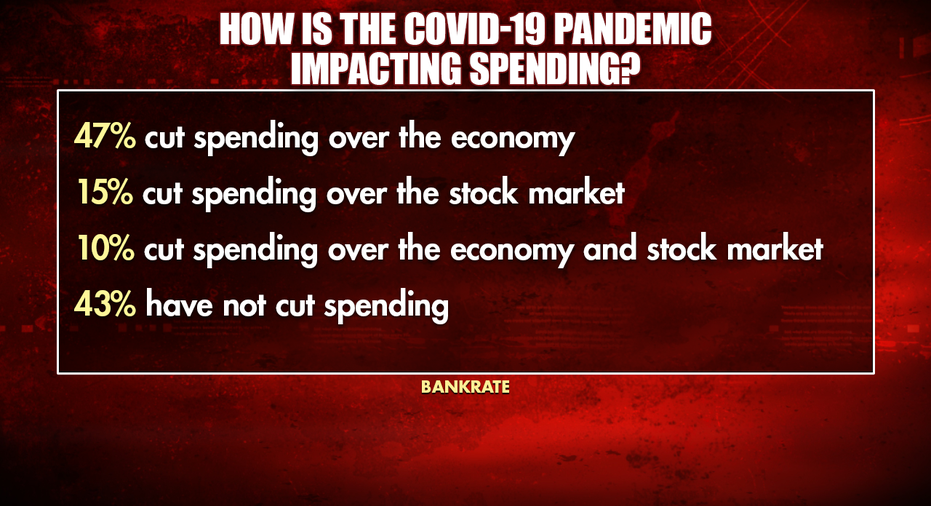Coronavirus spending cuts on the rise as the pandemic continues
More than half of Americans are holding onto money amid COVID-19
Get all the latest news on coronavirus and more delivered daily to your inbox. Sign up here.
It’s no secret that while the coronavirus pandemic has taken a hold of the U.S. with thousands of infections across the country, Americans have been spending less than they used to. In fact, slightly more than half of U.S. adults have intentionally reduced their general spending over the due pandemic, according to a new report from Bankrate, and its effects are playing a pivotal role in the economy and stock market.
The report also found that 47 percent of U.S. adults have been actively cutting their spending because they are concerned about the economy. Fifteen percent cited the state of the stock market as their main concern. Only 10 percent of respondents told Bankrate that they’re concerned about both.
PRE-CORONAVIRUS CREDIT CARD DEBT CARRIED OVER FOR 110M AMERICANS
Forty-three percent said they haven’t cut back on spending at this time.
Bankrate found that spending cuts are tied to socioeconomics. Fifty-three percent of households that make $80,000 or more have actively reduced spending while 44 percent of households that make $30,000 or less have does the same.
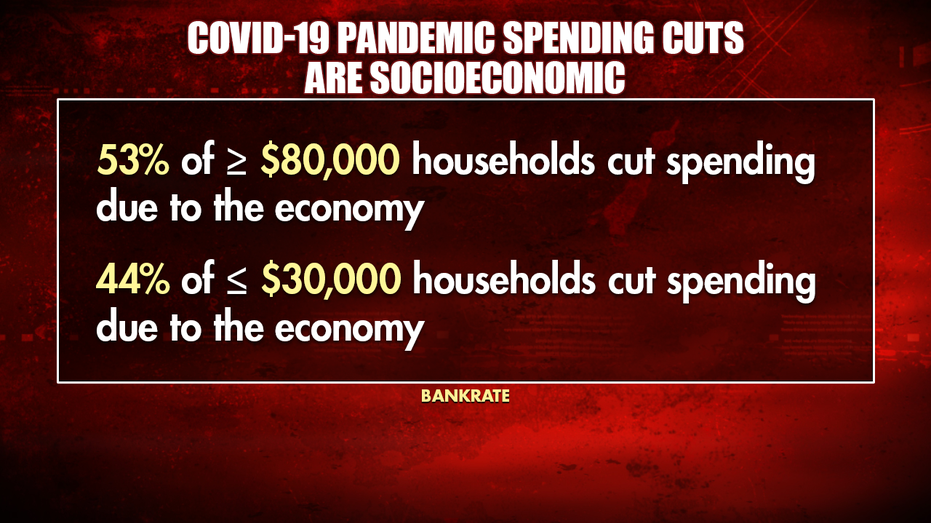
One-fifth – or 20 percent – of the higher-income households cut spending over stock market volatility. Nine percent of lower-income households cut spending over the same reason.
“More than two-thirds of U.S. economic output is tied to consumer spending, and most Americans are actively cutting their spending due to pervasive worries about the COVID-19 impact on the economy and stock market,” explained Bankrate’s Chief Financial Analyst Greg McBride, CFA. “Take this as validation of a U.S. economic recession.”
AMID CORONAVIRUS, ADVERTISERS REPORTEDLY OWE $200M TO PRODUCERS
On the flip side, two-thirds of U.S. adults who have retirement and/or investment accounts have intentionally left their stock-related investments alone such as mutual funds or individual stocks despite market volatility. Thirteen percent of investors moved money into their stock-related investments versus 11 percent of investors who moved money out.
“Americans are cutting their spending but they’re not bailing on stocks despite an unprecedented drop of more than 30 percent at time of polling,” said McBride. “Two out of every three households with retirement or investment accounts stood pat and did not make any changes to their stock-related holdings.”
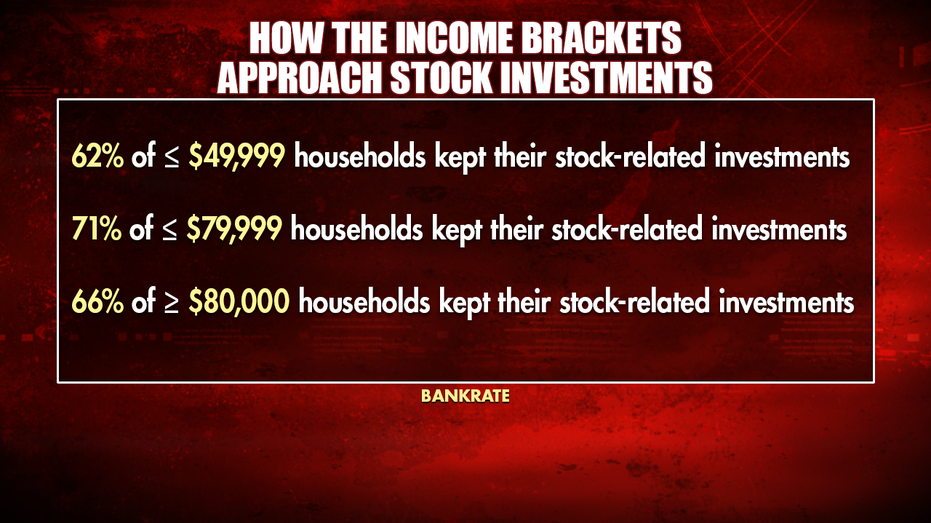
CORONAVIRUS PUSHES FUNERAL HOMES TO LIVESTREAM
High-income households that make $80,000 or more were more likely to add money into their stock-related investments over other income brackets at 16 percent. Ten percent of households that make between $50,000 and $79,999 also added money to the investment accounts while 13 percent of households that make between $30,000 and $49,999 did the same.
Low-income households that make under $30,000 were more likely to move money out of their stock-related investments at 20 percent.
GET FOX BUSINESS ON THE GO BY CLICKING HERE
Millennials between the ages of 24 and 39 were most likely to contribute money to their stock-related investments in response to the volatility out of the living generations. Nearly a quarter – 24 percent – contributed money to these accounts while 13 percent of Gen Xers between the ages of 40 and 55 did the same. Only five percent of Baby Boomers between the ages of 56 and 74 contributed money to their accounts during this volatile time.
Conversely, Millennials were also the most likely to move money out of stocks than their older counterparts. Fifteen percent of Millennials moved funds while 12 percent of Gen Xers and eight percent of Baby Boomers did the same.
One in 10 investors told Bankrate they weren’t aware of the stock market volatility.
CLICK HERE TO READ MORE ON FOX BUSINESS
As of Monday, the novel coronavirus has surpassed 160,000 confirmed cases in the U.S.




















